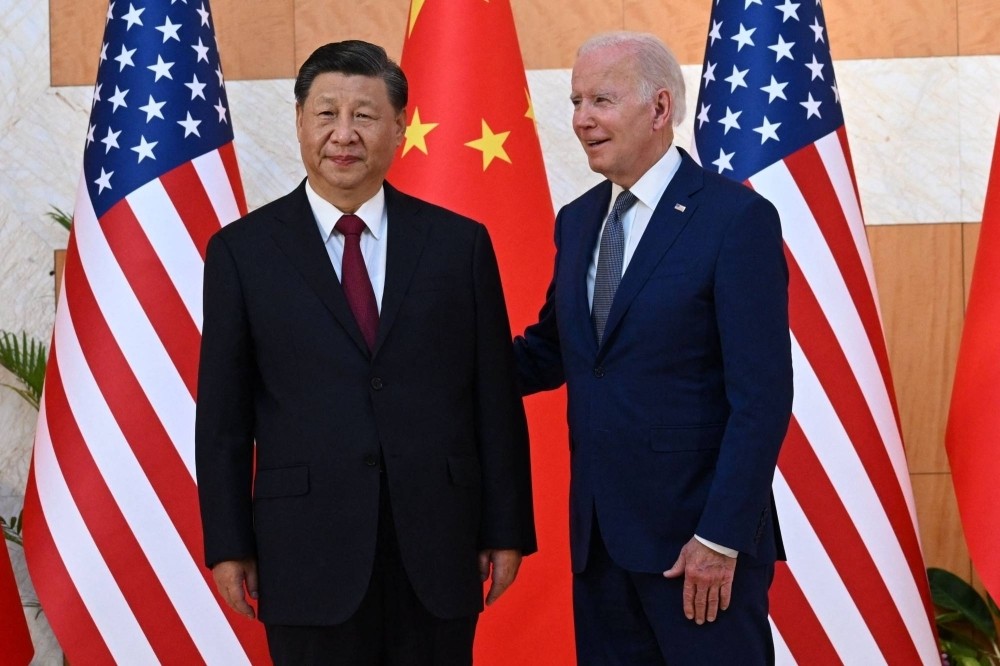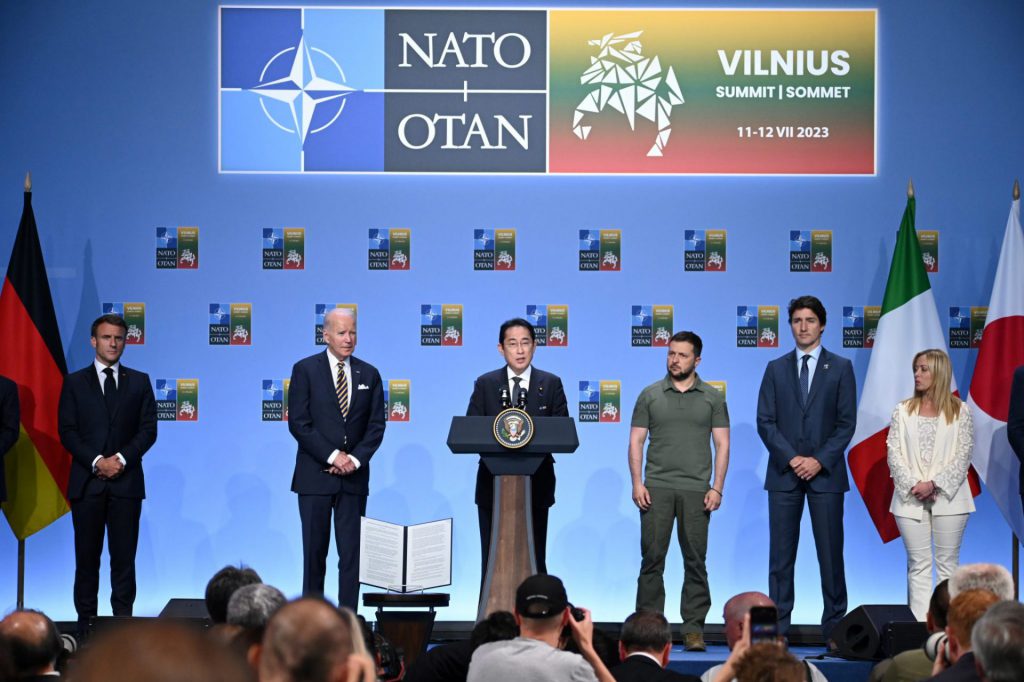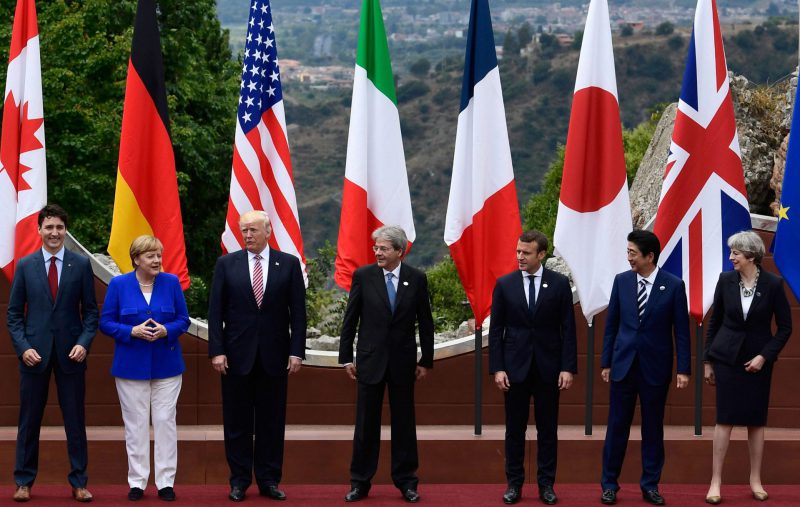Over the last several years, digital currencies have become immensely important to finance. In June, an IMF report showed 19 countries in the Middle East and Central Asia are exploring the creation of a Central Bank Digital Currency (CBDC). As government interest in the asset class grows, could the G7 alliance be set to launch its own digital payment system?
The BRICS bloc has emerged as an economic alliance, developing its own native currency. The group has used blockchain in this endeavor as a way to increase competition with Western currencies. To better compete with the global south, the G7 could be best served to follow suit and develop its own payment system.


Also Read: G7 To Provide $50 Billion Loan to Ukraine To Fight Russia
G7 Could Launch Payment System to Counter BRICS
In March of this year, the BRICS alliance announced its impending payment system. The nine-nation grouping was set to use blockchain technology to enhance the bloc’s economic standing.
“We believe that creating an independent BRICS payment system is an important goal for the future,” Russian aid Yury Ushakov told Russian State Media. “The main thing is to make sure it is convenient for government, common people and businesses, as well as cost-effective and free of politics.”
Despite South Africa’s Finance Minister, Enoch Godongwana, saying the project is “not an alternative to SWIFT,” it is certainly a counter to Western dominance in global finance. This leads to the potential of the G7 collective to introduce its own digital payment system.


Also Read: Comparing BRICS GDP vs G7 Countries
The alliance recently released CBDC guidelines, according to Reuters. Indeed, the framework addresses digital currency issuances ability to “support and do no harm” to financial stability. This could be an important moment. Specifically, it may showcase the potential of the emerging asset class.
The G7 consists of Canada, France, Germany, Italy, Japan, the UK, and the US. These nations have been directly targeted by BRICS initiatives.
The Western group is losing ground to BRICS. Specifically, the latter has increased its global GDP (PPP) share consistently since 1992. In 2022, the figures flipped, with BRICS accounting for 31.67% ahead of the G7s 30.31%. Work on a digital payment system could allow G7 to ensure that this trend doesn’t continue into 2025.





